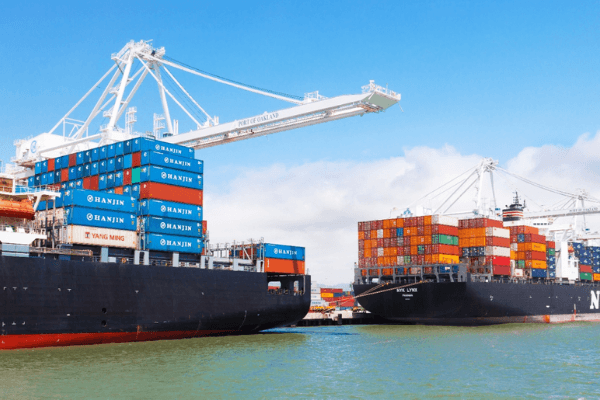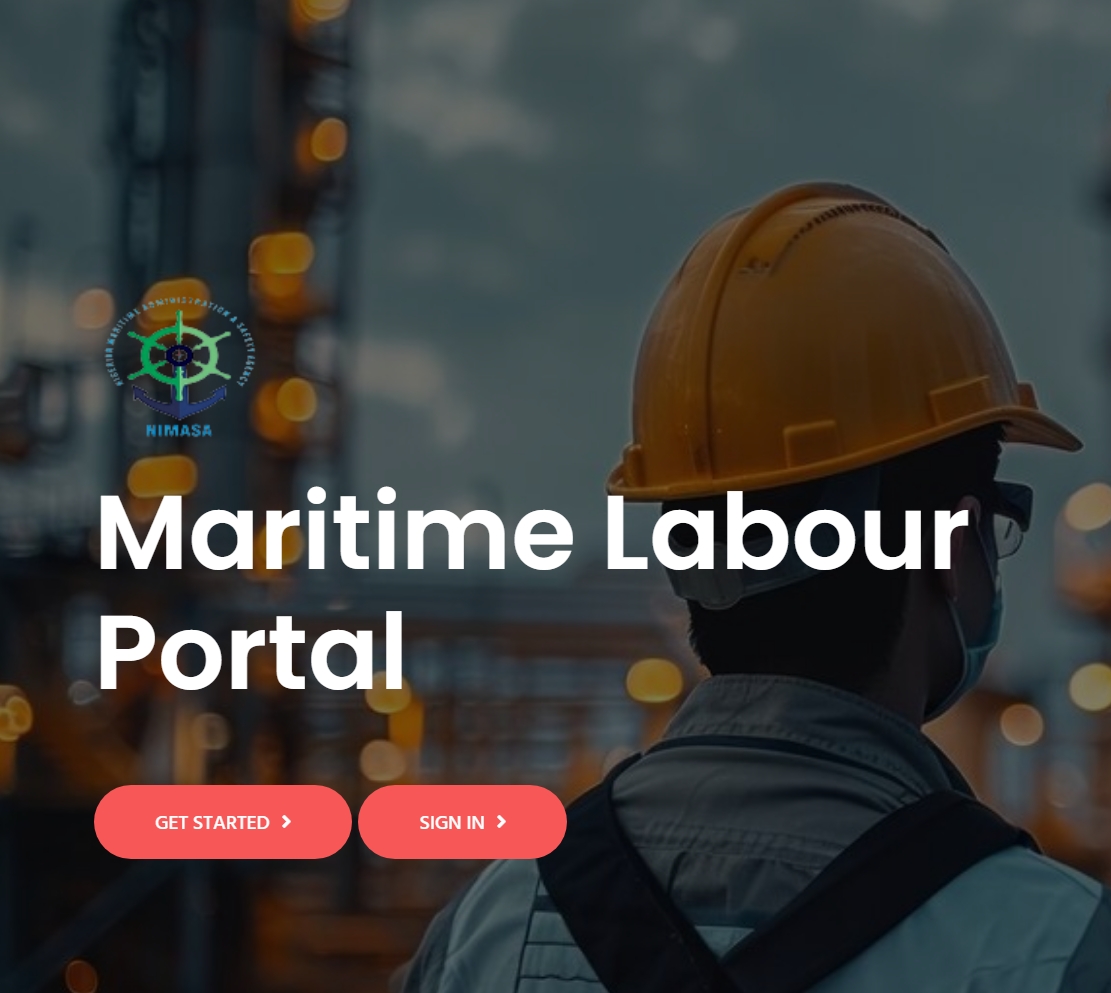It is my pleasure to speak with you today about the ongoing automation project of the Nigerian Maritime Administration and Safety Agency (NIMASA) and its impact on our service delivery. As we all know, NIMASA is responsible for regulating and promoting the maritime sector in Nigeria, ensuring safety, security, and efficiency in our waters. With the increasing demand for efficient and effective service delivery, the Agency has responded to this by taking a bold step towards automation. However, the challenges we face in delivering timely and effective services are undeniable, ranging from bureaucratic inefficiencies to resource constraints.
Automation presents a compelling solution to these challenges, offering a paradigm shift in how we operate and serve our stakeholders. By leveraging cutting-edge technology, we have the opportunity to streamline processes, minimize manual interventions, and enhance the overall efficiency of NIMASA’s operations. From vessel registration to certificate verification, automation holds the promise of simplifying complex procedures, reducing turnaround times, and improving the overall user experience for all our stakeholders.
Moreover, automation aligns seamlessly with our service charter, which embodies our commitment to providing prompt, reliable, and transparent services to all stakeholders. Through automation, we can uphold the principles of accountability and transparency, ensuring that every transaction is recorded, monitored, and executed with the highest level of integrity. This not only instills trust and confidence in our services but also reinforces our reputation as a dependable regulatory authority in the maritime domain.
Furthermore, a key benefit of automation is the reduction in manual processes. Automation will reduce the amount of time that staff spends on administrative tasks, allowing them to focus on providing better services to our stakeholders, process transactions faster and minimize errors. This will ensure that the needs of our stakeholders are met in a timely, efficient, and effective manner.
Additionally, by digitizing our operations, we can analyze trends, identify potential risks, and proactively address emerging challenges, thereby safeguarding the interests of all stakeholders and fostering a culture of continuous improvement within NIMASA. This will similarly lead to enhanced decision making, policy formulation and enforcement.
However, it is essential to acknowledge that the journey towards automation will not be without its challenges. We must navigate technical complexities, ensure data security, and provide adequate training and support to our staff to embrace this transformative change effectively. Additionally, we must collaborate closely with industry stakeholders, including maritime operators, regulatory bodies, and technology partners, to co-create solutions that meet the evolving needs of the maritime sector.
In conclusion, the automation of NIMASA represents a watershed moment in our quest to enhance service delivery and uphold our service charter. By embracing automation, we reaffirm our commitment to efficiency, transparency, and excellence, laying the foundation for a more agile, resilient, and customer-centric regulatory framework.
Together, let us seize this opportunity to chart a new course for NIMASA and propel Nigeria’s maritime industry towards a brighter and more prosperous future.
Thank you.
OLAMIDE Odusanya. Mrs.
DIA, NIMASA.


